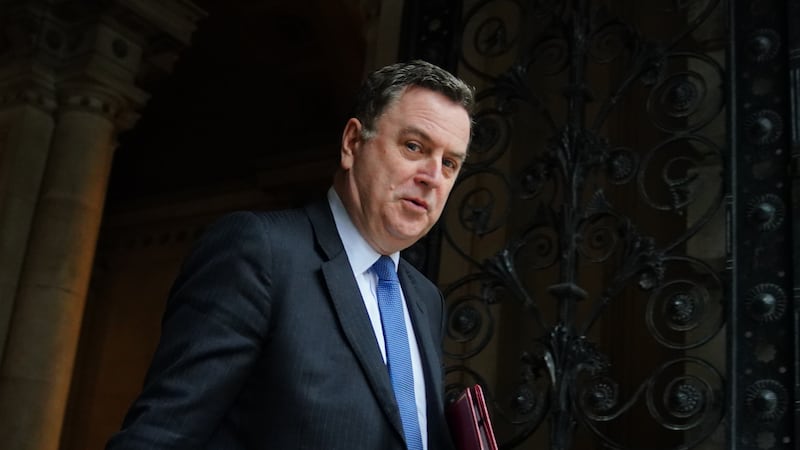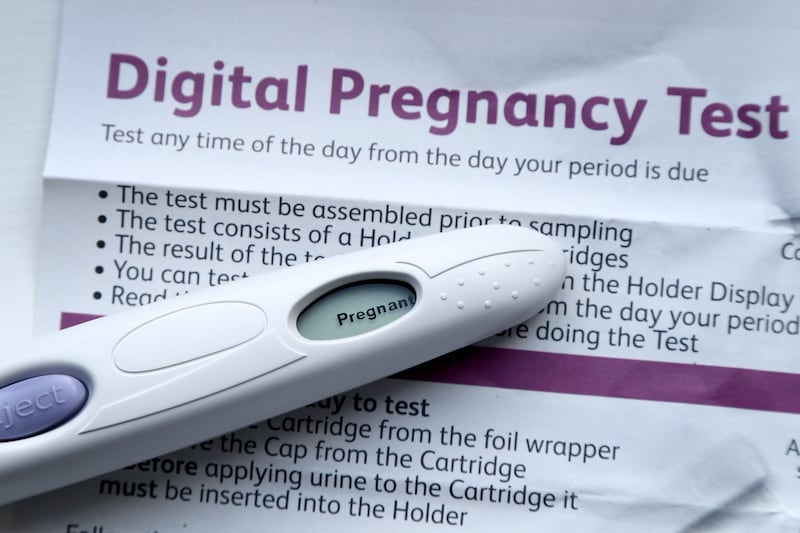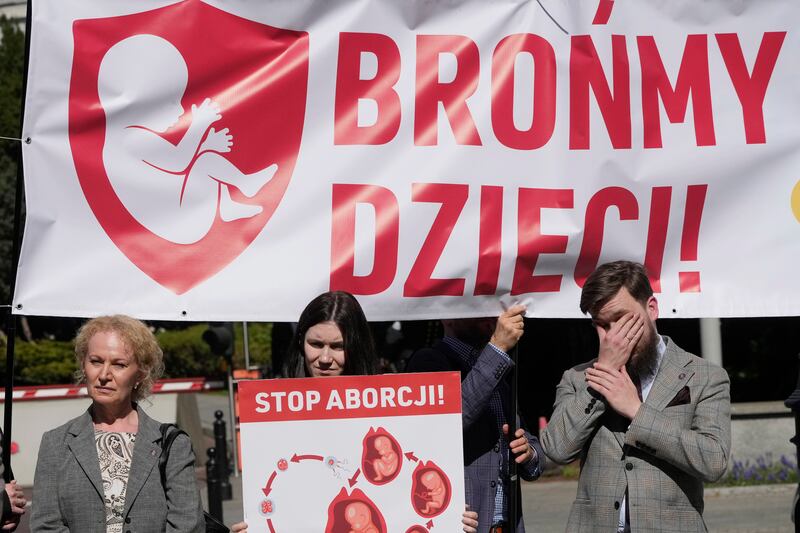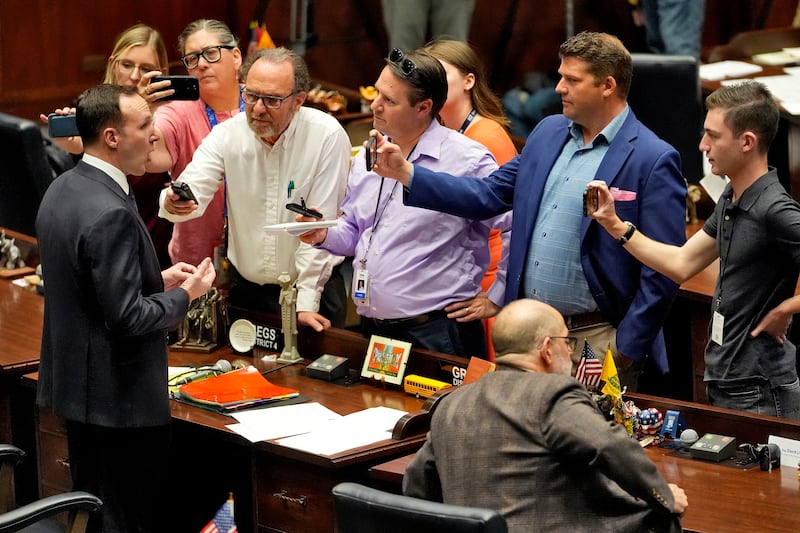Rishi Sunak has no plans to alter abortion laws despite calls for reform after a mother-of-three was jailed for using abortion tablets to end her pregnancy illegally during the coronavirus lockdown.
Caroline Nokes, the Conservative who chairs the Commons Women and Equalities Committee, joined women’s rights groups in calling for changes to the 1861 legislation used to prosecute Carla Foster.
The 44-year-old was given a 28-month extended sentence after she admitted illegally procuring her own abortion when she was between 32 and 34 weeks pregnant.
Abortions are generally only legal before 24 weeks and are carried out in clinics after 10 weeks of pregnancy.
Dame Diana Johnson, the chair of the Commons Home Affairs Committee, urged the Government to “step up” and decriminalise abortions so women cannot be jailed in such cases.
Stoke-on-Trent Crown Court heard Foster was sent the drugs by the British Pregnancy Advisory Service (BPAS) after she lied about how far along in her pregnancy she was during 2020’s pandemic lockdown.
The prosecution said Foster made a number of internet searches between February and May 2020, including “how to hide a pregnancy bump”, “how to have an abortion without going to the doctor” and “how to lose a baby at six months”.
Foster was initially charged with child destruction and pleaded not guilty.
She later pleaded guilty to an alternative charge of section 58 of the Offences Against the Person Act 1861, administering drugs or using instruments to procure abortion, which was accepted by the prosecution.
The sentencing on Monday has prompted a backlash.
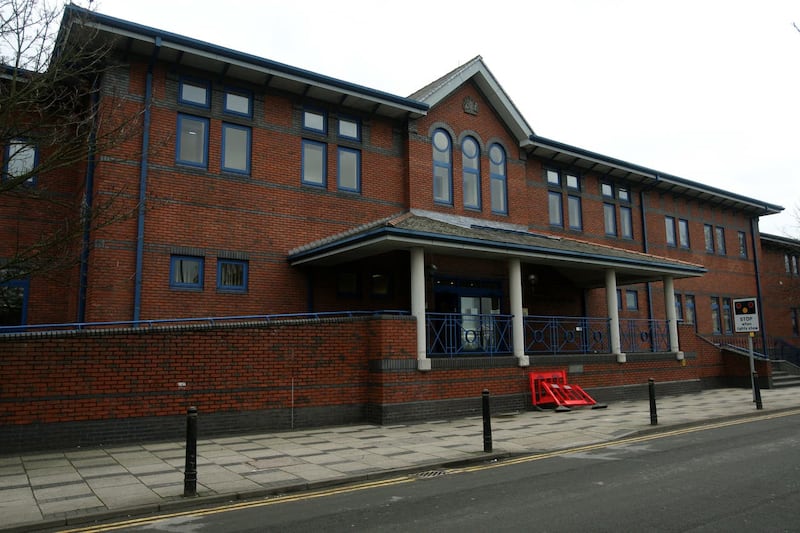
Ms Nokes told BBC Radio 4’s The World Tonight programme: “This is not something that has been debated in any great detail for many years now.
“And cases like this, although tragic and fortunately very rare, do throw into stark relief that we are reliant on legislation that is very, very out of date.
“I think that makes a case for Parliament to start looking at this issue in detail.”
Dame Diana said both society and healthcare have “moved on” since the existing abortion laws were put in place.
The Labour MP told BBC Radio 4’s Today programme: “I think Parliament has a role now to look at reforming our abortion laws. There’s no other country in the world, as I understand it, that would criminalise a woman in this way.
“The Government should step up and say we should decriminalise, we should reform abortion law, take the criminal law out of this, but that doesn’t mean you don’t have regulation.”
But Downing Street said there were no plans to change abortion laws or sentencing guidelines.
Today, a mother-of-three has been jailed for 28 months after using abortion pills to end her own pregnancy.
No woman can ever go through this again.
We need abortion law reform in Great Britain NOW.#TimeToAct https://t.co/HaR4RiAsSs pic.twitter.com/fNM6gDjIUO
— BPAS (@BPAS1968) June 12, 2023
The Prime Minister’s official spokesman said: “Through the Abortion Act, all women have access to safe abortions on the NHS up to 24 weeks and we have made changes so that now includes taking abortion pills at home.
“We think this approach provides the right balance and … there are no plans to change this.”
The spokesman added: “We recognise that this is a highly emotive issue and obviously we recognise that the strength of feeling on all sides.”
Former chief crown prosecutor for the North West Nazir Afzal argued it was not in the public interest to prosecute the mother of three.
Citing public feeling towards laws restricting abortions and her mitigating factors, he told Today: “Had I been involved, had I been doing this particular case, I would not have prosecuted it.
“This whole terrible event took place during the pandemic and people were making some terrible choices during that period that perhaps they regret now. And I think that’s one of the things I would have factored in in relation to this particular case.”
Centre for Women’s Justice director Harriet Wistrich said: “What possible purpose is served in criminalising and imprisoning this woman, when at most she needs better access to healthcare and other support?”
The Crown Prosecution Service said the case was “complex and traumatic”, but said it has a duty to ensure laws are “properly considered and applied when making difficult charging decisions”.


